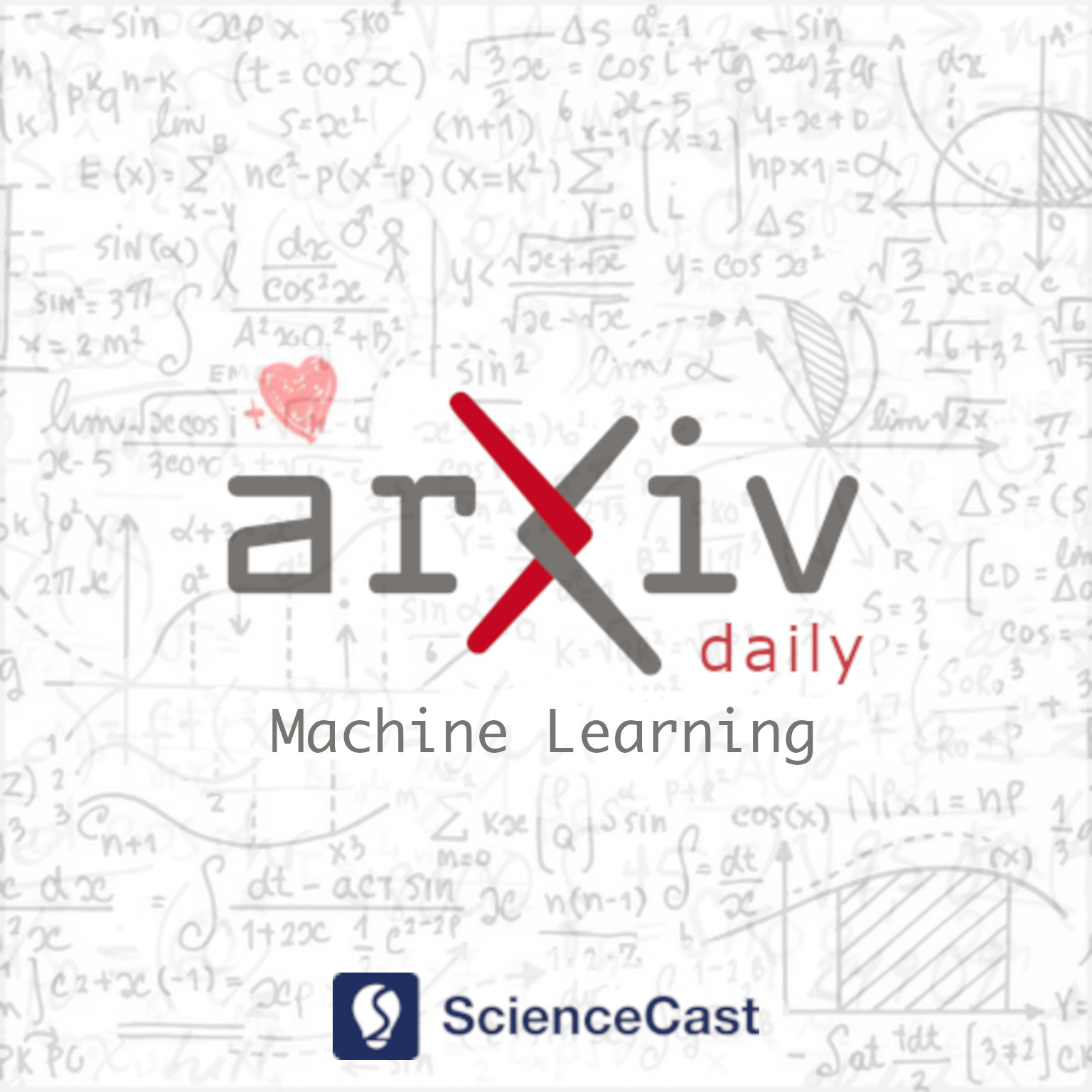
Machine Learning (stat.ML)
Thu, 13 Apr 2023
1.Understanding Overfitting in Adversarial Training in Kernel Regression
Authors:Teng Zhang, Kang Li
Abstract: Adversarial training and data augmentation with noise are widely adopted techniques to enhance the performance of neural networks. This paper investigates adversarial training and data augmentation with noise in the context of regularized regression in a reproducing kernel Hilbert space (RKHS). We establish the limiting formula for these techniques as the attack and noise size, as well as the regularization parameter, tend to zero. Based on this limiting formula, we analyze specific scenarios and demonstrate that, without appropriate regularization, these two methods may have larger generalization error and Lipschitz constant than standard kernel regression. However, by selecting the appropriate regularization parameter, these two methods can outperform standard kernel regression and achieve smaller generalization error and Lipschitz constant. These findings support the empirical observations that adversarial training can lead to overfitting, and appropriate regularization methods, such as early stopping, can alleviate this issue.
2.counterfactuals: An R Package for Counterfactual Explanation Methods
Authors:Susanne Dandl, Andreas Hofheinz, Martin Binder, Bernd Bischl, Giuseppe Casalicchio
Abstract: Counterfactual explanation methods provide information on how feature values of individual observations must be changed to obtain a desired prediction. Despite the increasing amount of proposed methods in research, only a few implementations exist whose interfaces and requirements vary widely. In this work, we introduce the counterfactuals R package, which provides a modular and unified R6-based interface for counterfactual explanation methods. We implemented three existing counterfactual explanation methods and propose some optional methodological extensions to generalize these methods to different scenarios and to make them more comparable. We explain the structure and workflow of the package using real use cases and show how to integrate additional counterfactual explanation methods into the package. In addition, we compared the implemented methods for a variety of models and datasets with regard to the quality of their counterfactual explanations and their runtime behavior.
3.Bayes classifier cannot be learned from noisy responses with unknown noise rates
Authors:Soham Bakshi, Subha Maity
Abstract: Training a classifier with noisy labels typically requires the learner to specify the distribution of label noise, which is often unknown in practice. Although there have been some recent attempts to relax that requirement, we show that the Bayes decision rule is unidentified in most classification problems with noisy labels. This suggests it is generally not possible to bypass/relax the requirement. In the special cases in which the Bayes decision rule is identified, we develop a simple algorithm to learn the Bayes decision rule, that does not require knowledge of the noise distribution.